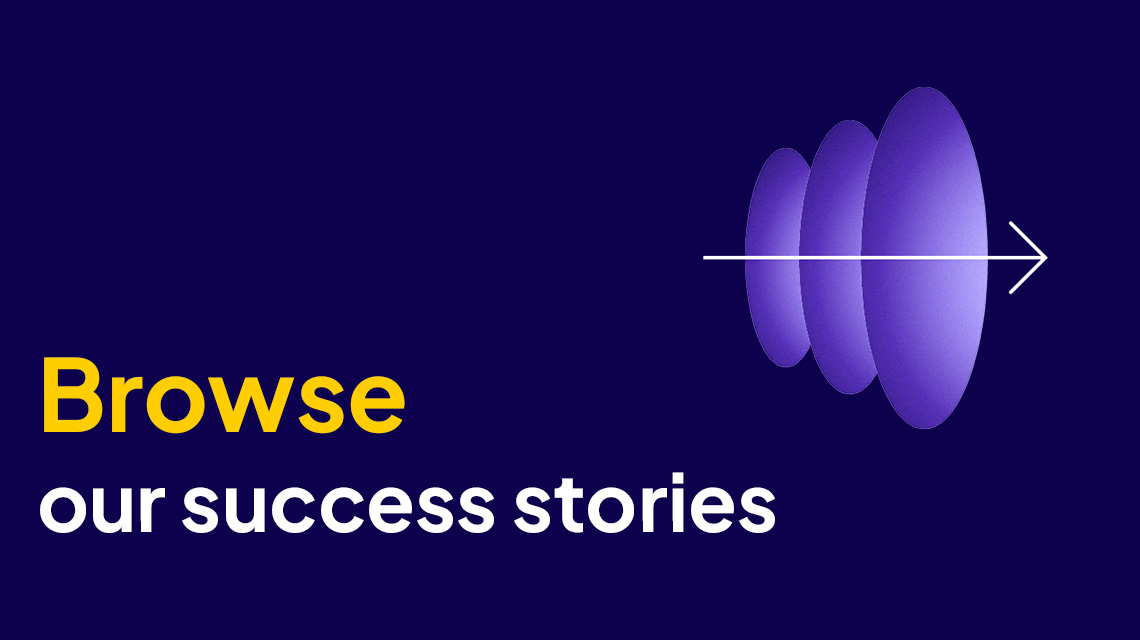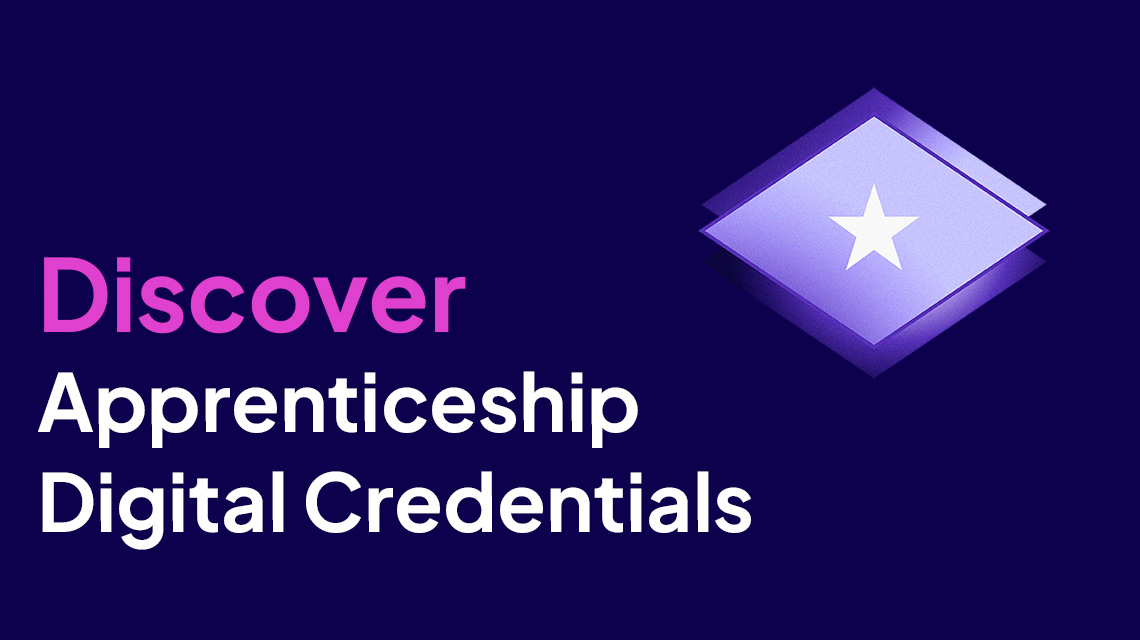Why choose an apprenticeship?
Find a Apprenticeships subject
- {{letter}} {{letter}}
-
{{selectedLetter}}

An apprenticeship provides the opportunity to be in paid employment while acquiring the knowledge and technical skills needed to pursue a specific career path.
Being able to apply learning in the workplace helps to cement understanding and give apprentices the added confidence needed to add value to any business. They also give businesses the opportunity to develop and nurture a highly skilled workforce.
Whether looking to start a new career, reskill, upskill or change career, apprenticeships are a great way to get careers off to a flying start and become part of the dynamic and exciting businesses of the future.







